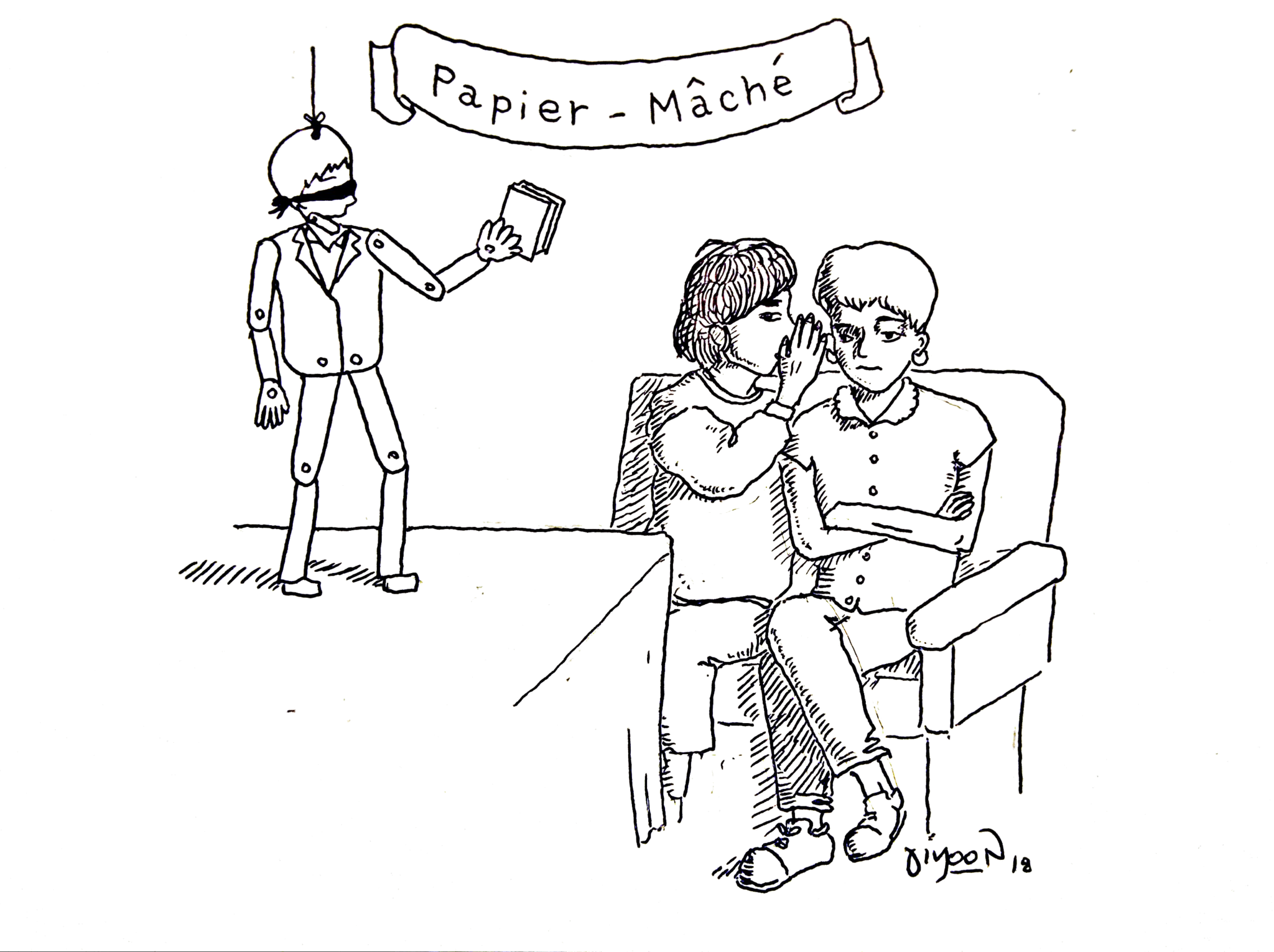
The first seminar I ever attended at Yale was for an English class on John Milton. I had never had a particular interest in old-timey British poets and yet, by the end of that seminar with the brilliant Professor Leslie Brisman, I was in tears. A year later I am sitting in a seminar on World English Literatures taught by the impeccable Steph Newell, repeatedly scribbling on my copy of Salman Rushdie’s “Midnight’s Children” because I knew I never wanted to forget a single word that was said aloud in that class.
The point is: The instruction of humanities at Yale is unparalleled and life-changing. I line libraries in my mind into the experiences of walking into Linsly-Chittenden one person and leaving it an intellectually transformed another. I have learned about myself and the world I inhabit in the complicated, nuanced ways it escapes objectivity of wisdom. This adrenaline has often propelled me into animated ambassadorship of Yale’s English department and the College’s general commitment to a competent instruction of the liberal arts. The excellence of our program is personal to me for I have benefited from it in inspirational, unthinkable directions.
Over the summer on an ISA grant, I spent five weeks studying the “Humanities of Tokyo” on a Yale Summer Session program. Spoiler alert, I had an absolutely horrendous time at it — academically speaking. Within my first week in Tokyo, I realized how ridiculous the prospect of studying the architecture, literature and location of a city would be without knowing a single word of its language.
Tokyo was never colonized, enjoys a prosperous media industry of its own and works on a tradition and history that is so separate from the rest of the world that the factors of studying it, or in it, are incomparable. The ease of communicating, or traveling, in English does not present itself in Japan as it may in other places. When you have the chance to speak in English outside the scope of an international university, you are never 100 percent sure if either one of you is being understood. How would Yale allow a program taught in English to be conducted in a location such as this — especially one focused on that location’s literature and wide humanities?
Despite this disagreement, I soldiered on. I went to the awkwardly placed 1 p.m.-to-4.p.m. should-be-a-seminar-but-is-definitely-a-lecture and read all the stories in which the evil nasty women either cheated on their husbands and got killed, or cheated on their husbands and killed them. I sat through the myriad descriptions of why the Japanese were “wacky” or how their women were “manipulative” and the men were “robotic, awkward, and pitiful.”
In the class, we read a total of six novels. Save for one, all of these novels were written by men but definitely always about women. Don’t get me wrong, some of these novels were absolutely fantastic and I am so proud that literature seeps its truth through all the lazy management of academic bureaucracies. It’s just that we thoroughly examined the “modern Japanese woman” without so much as having gotten a single narrative from an actual modern Japanese woman.
Nearing the end of the program, we got to read our only novel by a woman. It was called “Kitchen.” I thought it was a miraculously talented work of art. But, we spent the entirety of class discussing if it was too “sentimental” or if its “immaturity” puts into question its merit as “true literature.”
After a certain point, the themes of our class begged too profoundly for the introduction of the concept of orientalism in area studies or, really, the entire Western representation of Japan at all. Orientalism is the concept of a certain misrepresentational strain in literary, historical, and academic discourse by Western academics onto the Oriental/Eastern “other.” Japan, and its people, have often been put in that position and there is limitless research on the topic.
I am not of the opinion that the professor did not know about the various theories on Japanese studies: on the function and proliferation of orientalism but also on how to avoid it. I am rather of the view that he was indifferent towards it. I believe this indifference is dangerous: for the people it talks about, obviously, but prominently for Yale’s reputation and commitment to a competent instruction of the humanities.
By the end of the program, I gathered the courage to confront my professor on these concerns. This was outside the argumentation we would indulge in class where I would yell, “Orientalism! Objective imposition! Secondary representation posing as primary!” and the instructor would respond, “Desire to Understand!” He replied to my out-of-class confrontation with heartbreaking cynicism. He explained how Yale does not care enough to hire more faculty in the area of Japanese studies, or how the department is hierarchically bureaucratized in a way that meant no department chair was perusing over syllabi to make sure they were up to the mark of Yale’s teaching standards, especially for Summer Session programs.
As a Yale student in this society of scholars, I urge us to reject this lethargy and demand for better. I was embarrassed, within this program, to champion Yale’s acumen for the humanities to a group of largely non-humanities students who thought that this “Humanities of Tokyo” program could be their foray into the charming field of the humanities in a liberal arts college. I must say that this was still an incredible learning experience for me because the challenge and intellectual inquiry was personal, political and urgent and I had to learn how to navigate it. However, I think that this is an assault onto all of us who believe in the credence and authority of Yale as a committed scholarly institute and we must fight back against any inadequacy that challenges that.
Zulfiqar Mannan | zulfiqar.mannan@yale.edu







